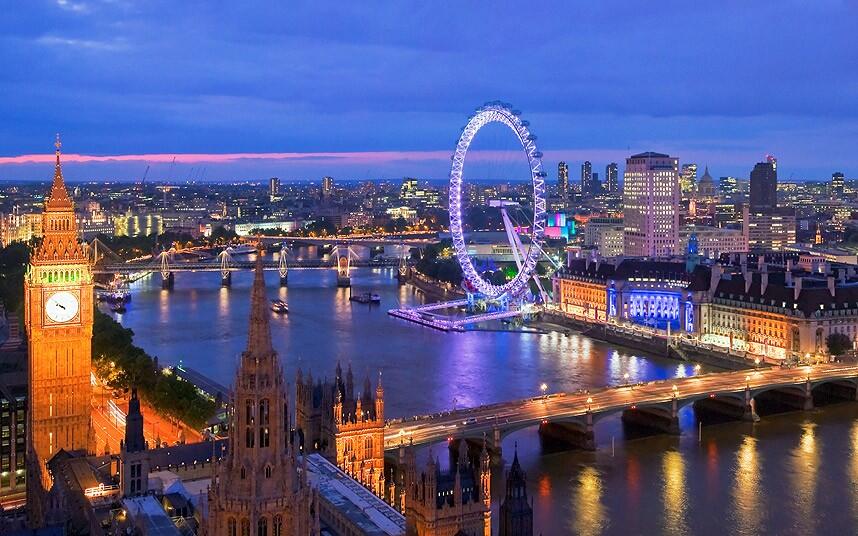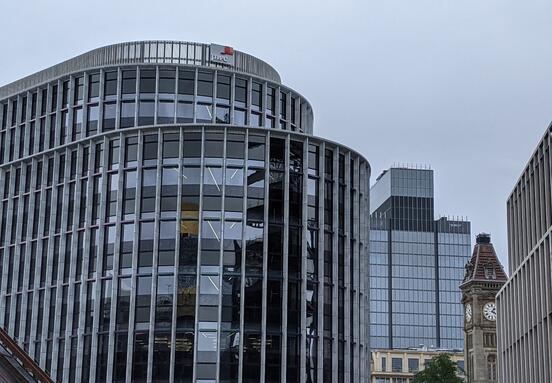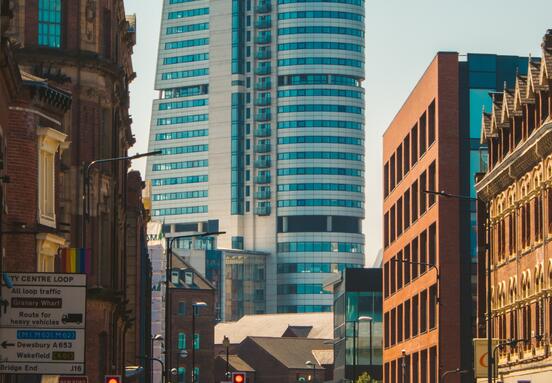If the SNP push for another referendum on independence then uncertainty could creep into the markets north of the border, it is suggested. And a referendum on the UK’s position within the European Union could add to that.
‘There is good reason to now suppose the UK economy, that appeared to slow in the run-up to the election, can now resume a strengthening recovery. This will be good news for both the commercial leasing and investment markets,’ said James Roberts, chief economist of real estate firm Knight Frank.
He believes there remains a great deal of political uncertainty that will influence but not derail the property market. ‘Firstly, the SNP’s overwhelming victory has put the existence of the Union back on the political agenda. Last year there was a brief slowdown in activity in the Scottish market in the run-up to the referendum, which may be replicated in a future poll. This comes with the caveat that some investors actually saw last year’s referendum as an opportunity to buy,’ he explained.
‘Secondly, a Conservative majority increases the chances of a referendum on European Union membership. If the prospect of Scottish independence caused a market slowdown, the idea of the UK leaving the EU will surely do the same, probably on a greater scale. Either a Tory backbench rebellion against the Bill or a vote sooner rather than later may be the best outcome,’ he pointed out.
‘Thirdly, the UK’s deficit remains large. If the financial markets suspect that not enough is being done to balance the books, sterling could fall in value. This will initially make UK commercial property look attractive to overseas money, but inflationary pressures would increase and bring closer the day that interest rates rise,’ he added.
Over the next five years, the firm believes that this climate of political uncertainty will at times cause market confidence to drain away temporarily. ‘Some investors may decide to wait until after an upcoming referendum before buying; some occupiers might shelve expansion plans because a sudden fall or rise in sterling hits profits,’ said Roberts.
‘In short, we should expect the odd air pocket ahead, but overall the election outcome was probably much better for commercial property than one would have expected,’ he concluded.
Miles Gibson, head of UK research at CBRE, also pointed out that the overall economic outlook remains favourable for markets. ‘Strong employment, low inflation, low interest rates and high levels of inward investment all bode well for the property sector,’ he said.
But he believes that there remains, however, a question mark over EU membership, something ‘which bothers most of our clients immensely as they feel investment would suffer if we were to leave the EU’. The firm believes that the sooner the issue is resolved the better and believes that Prime Minister David Cameron will campaign for the UK to remain in the EU.
‘The SNP gain in Scotland is truly profound and will prompt a fresh bout of soul searching across the UK about the future of the Union. This is likely to lead to a nervous time for investors in Scottish property,’ he added.







